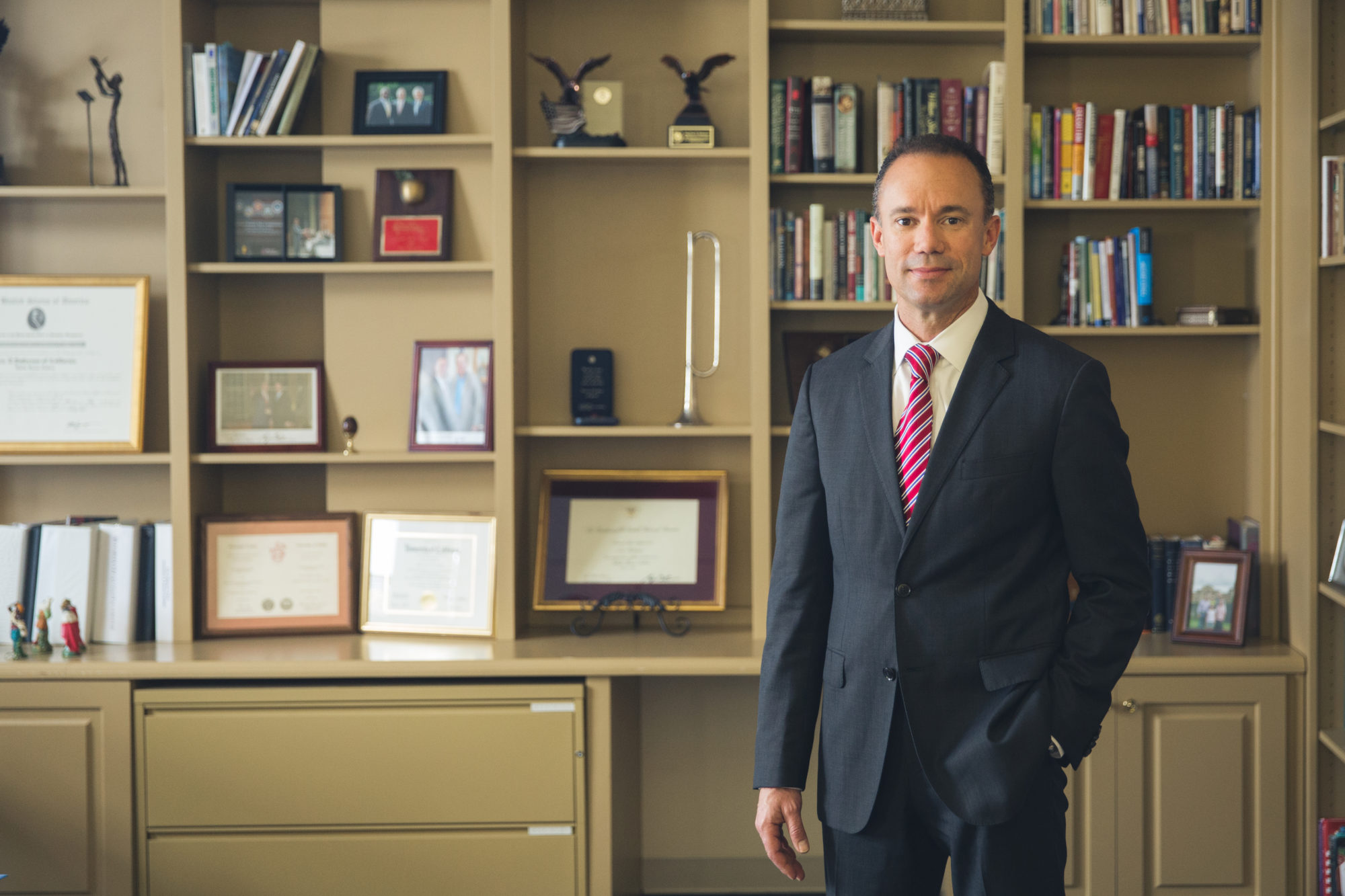American and British Conferences Confront Increasing International Human Rights Abuse
Religious freedom is a fundamental human right that is closely associated with economic flourishing, political stability, and international security. Unfortunately, authoritarian regimes—from Tehran to Beijing to Caracas—violate the religious freedom of individuals and religious institutions every single day. Christian often feel impotent in addressing global persecution. But there is hope. As Arielle Del Turco wrote in this magazine, there are tools that governments can use to defend and promote religious liberty. Moreover, two major international conferences in recent weeks, held in Washington and London, brought together thousands of religious freedom advocates and government officials to cooperate in taking concrete action to end religious persecution.
Over the past decade, despite the ‘Arab Spring’ and the quest for democracy and human rights in other parts of the world, statistics show that the world is less free than it was one decade ago. 75 percent of the world’s population live in countries that are entirely or partially restrictive of religious freedom. Restrictions range from the outright persecution of the faithful in China and North Korea, to violent social ostracism of minority faiths in Pakistan, to targeting religio-ethnic identities in these and other places. The ethnic cleansing of Christians and Yazidis by ISIS in Iraq and Syria a decade ago; and more recently the genocidal policies against Uighurs in China and the Rohingya in Myanmar are cases in point. Another dramatic killing zone is Nigeria, where more Christians have been massacred annually for the past three years than anywhere else in the world. Nigeria is particularly worrisome: in the north, Boko Haram and Islamic State operate with impunity; increasing violence in the middle belt of the country has resulted in over 3,000 Christian deaths annually in recent years.
It is not surprising that the world’s biggest bullies are also the world’s worst religious freedom violators. Russia uses its counterterrorism laws to jail and oppress non-Russian Orthodox religious communities such as Jehovah’s Witnesses and Pentecostals, among other groups. Russia has tried to build a new nationalism around the historical and cultural elements of its past Russian Orthodoxy. Other groups are considered to be outsiders who infect Russian society and social life.
Beijing is threatened by any allegiance other than to the Chinese Communist Party, including Christians, Muslims, and other faiths–they’re all a threat. The same is true in theocratic governments such as in Saudi Arabia and Iran, where religious diversity is seen as a threat to the ruling order.
The good news is that there are overlapping alliances to advance religious freedom around the world. The Second Annual International Religious Freedom (IRF) Summit was recently held in Washington, D.C. (June 28 to 30, 2022). This action-oriented conference included dozens of civil society groups from those based in the United States such as the Religious Freedom Institute (RFI), founded by former U.S. diplomat Thomas ‘Tom’ Farr, to those based abroad. The summit is the brainchild of former International Religious Freedom Ambassador Sam Brownback to build coalitions, create public witness for religious freedom in Washington DC, and provide a forum for collaboration around the world. Ambassador Brownback recently launched the National Committee for Religious Freedom in January 2022.
In July, the British Government hosted its Annual Ministerial meeting of senior government ministers addressing religious freedom. This event brought together the senior diplomats of dozens of countries to highlight challenges and collaborate on steps to reduce persecution and overcome religio-ethnic cleansing throughout the world. One of the advantages at the Ministerial is for countries to do a sort of show and tell about their best work on religious freedom and then commit to action. For instance, former UK Special Envoy for Freedom of Religion or Belief Rehman Chishti led the implementation of an action plan to blunt the persecution of Christians (the “Truro Report”) that can be a model for other governments.
What is also needed is a commitment by governments, particularly Western governments advocating a new sexual orientation and gender identity (SOGI), to stop attacking morally orthodox religious communities abroad. From rainbow flags over U.S. embassies to draconian strings attached to vital humanitarian aid, a true commitment to international religious freedom would result in Western governments backing off on SOGI cultural imperialism.
Christians know that it is in the context of religious freedom that it is most likely for people to make choices to respond to the spiritual impulses that we all have, to seek truth, and to care and provide for others. It is appropriate that the United States continue its important leadership on international religious freedom, including the U.S. Department of State’s Office of International Religious Freedom and the bi-partisan U.S. Commission on International Religious Freedom (USCIRF). The Summit and the Ministerial are important opportunities to support religious freedom at home and abroad and can be downloaded and watched on the Conference websites provided.






